Blockchain beyond cryptocurrency
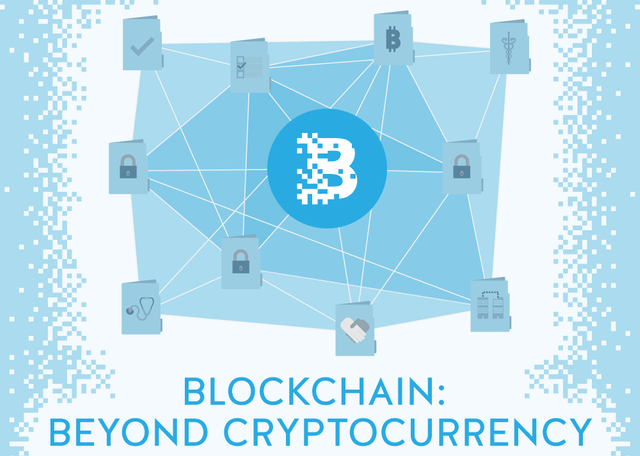
Maybe you are one of those who still think Bitcoin is not your thing. You may not want to invest your resources or make a business with “aleatory money”. You probably believe they won’t last long. But this not implies to remain out of the underlying technology that makes Bitcoin possible, the forefront of innovation, the disrupting science of Blockchain. There is a common opinion, indeed, blockchain is way more promising than the cryptocurrency it was designed to support and that its real potential is expressed when it is separated from the digital currency and used to revolutionize every other business. And, as a matter of fact, thousands of industries worldwide have already experienced its effectiveness, versatility, flexibility.
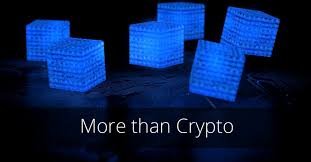
Thus, want it or not, Blockchain is already slowly but inevitably changing the world we live in. But the million dollar question then is: will Blockchain maintain its promises? Is this disruptive technology here to stay?
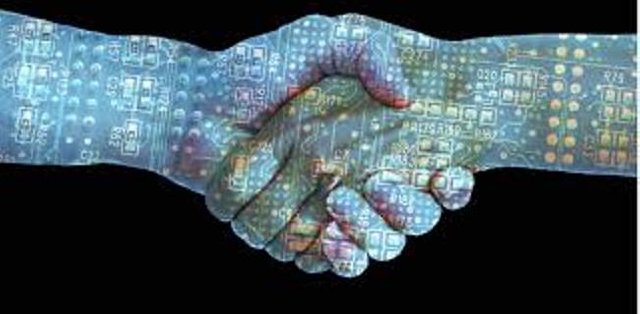
Here at OPN, we think it is and we strongly trust in its power. Here are just the main reasons why we’re sure we still haven't heard the last of it.
- Full disclosure
Every user activity on the blockchain can be monitored and traced back to its origin: its massive public ledger across an extensive network guarantees transparency and authenticity. Every blockchain user can see exactly what is happening in every moment and knows that transactions cannot be hidden or manipulated.
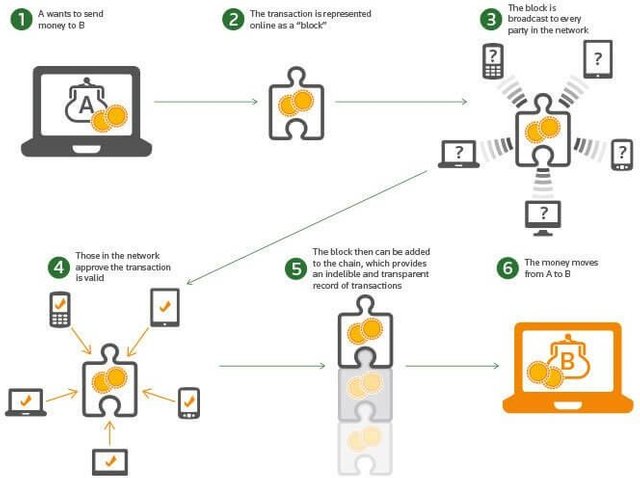
- Control of finances
This is particularly useful when it comes to keeping control of financial transactions and the safety of money. While banks and financial institutions have stringent policies which seems to decide and control everything about personal and business financial management, Blockchain decentralized structure returns control to the customers, letting them preside over their own financial decisions guaranteeing, at the same time, all their data thanks to its advanced cryptography and the absence of third parties. - Quality assurance
If an irregularity is detected somewhere along the process supply chain, a blockchain system can lead you all the way to its point of origin, without the possibility of a human error or third-party mediation required. This, whilst increases efficiency and speed, makes easier to trust each other without the need for numerous intermediaries and the use of a single digital ledger shared among participants.

- Reducing costs
With Blockchain, costs are reduced thanks to the absence of third parties or middlemen. Also, you won’t need to review so much documentation to complete a trade because everyone will have permission access to a single, immutable version.
Card processors like MasterCard, Visa, and Discover collect anywhere from 1.44 percent to 2.6 percent for every transaction plus a fixed amount usually no less than $0.25, PayPal transaction fees stand at 2.9 percent plus $0.35 per transaction for personal accounts and 4.4 percent plus $0.30 for business accounts. This may not seem like much, but for millions of merchants who use these processors, receiving thousands of dollars in payment quickly begins to add up. Blockchain transaction fees have historically been much; also major blockchain wallet companies have adopted flexible and dynamic payment structure which leave users to choose their own fees to reduce irrelevant losses. - Improved transparency
We have already stated Blockchain is a type of distributed ledger where all participants share the same documentation and this can only be updated through consensus, as changing transaction record would require the alteration of all subsequent records and the collusion of the entire network. Thus, data on a blockchain is more accurate, consistent and transparent than, as an example, on a bank system: banks have, indeed, all the interest to keep transactions opaque, while when using a blockchain platform if one side says they issued payment, the seller just needs to check the transaction record. They don’t have to take it on faith.
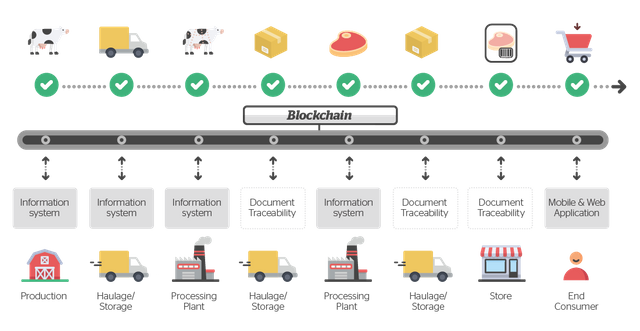
- Enhanced traceability
If you are one of the rings of a complex supply chain, you know how hard is to trace an item back to its origin. Well, when exchanges of goods are recorded on a blockchain, you end up with an audit trail that shows where an asset came from and every stop till the final consumer: this historical transaction data can help to verify the authenticity of assets, to accommodate things like shipment tracking or at least proof of shipment, to show authorities records are accurate in the case of an investigation, and to prevent fraud. - Fraud Prevention
Fraud is generally about manipulating, altering, or deleting financial records: Blockchain same nature makes it almost impossible to do this. Every transaction gets recorded and then encoded to prevent anyone from tampering with the record and eventually the money coming in and both parties leave feedback on their transaction experience. - Smart contracts advantages
Time-consuming contractual transactions with Blockchain belong to old times. Thanks to Smart contracts, agreements can be automatically validated, signed and enforced without mediators. By consolidating everything into a single platform, businesses can integrate services without disclosing an excessive amount of proprietary information to third parties, due to a series of protocols that regulate money transfers, making them happen only if the conditions get met.
- Security data storage
Last year closed with an estimated 1140 data breaches that exposed around 172 million records in the US alone, mostly due to poor security management which left the data exposed. It is a fact that the old ways of securing data and networks can’t keep pace with the hackers: if it’s true that nothing connected to the internet is 100% secure from hacking, blockchain is much less hackable.
In financial services, government, healthcare and generally any industry where protecting sensitive data is crucial, blockchain has really an opportunity to change how critical information is shared by helping to prevent fraud and unauthorized activity.